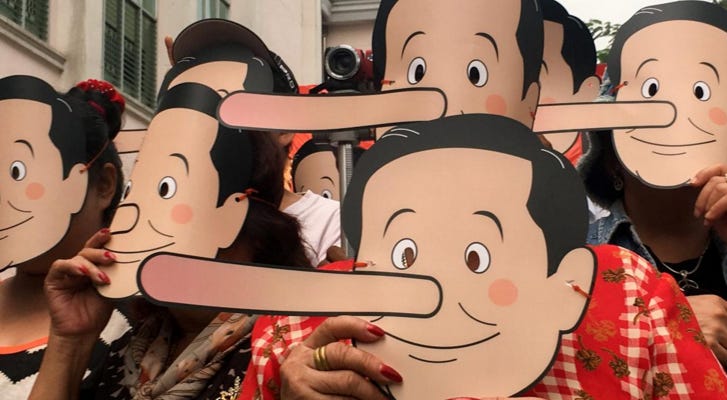Thai Premier Prayuth’s Honeymoon Period Wanes
Government faces domestic and external problems with no real answers

By: Pithaya Pookaman
Barely six months since Thailand’s military-backed government of Prime Minister Prayuth Chan-ocha was sworn in, its stability has been rocked by a series of political scandals, the latest one the parliamentary vote on the 2020 annual budget, which the government managed to pass by a slim majority on January 11.
The opposition, led by…
Keep reading with a 7-day free trial
Subscribe to Asia Sentinel to keep reading this post and get 7 days of free access to the full post archives.
